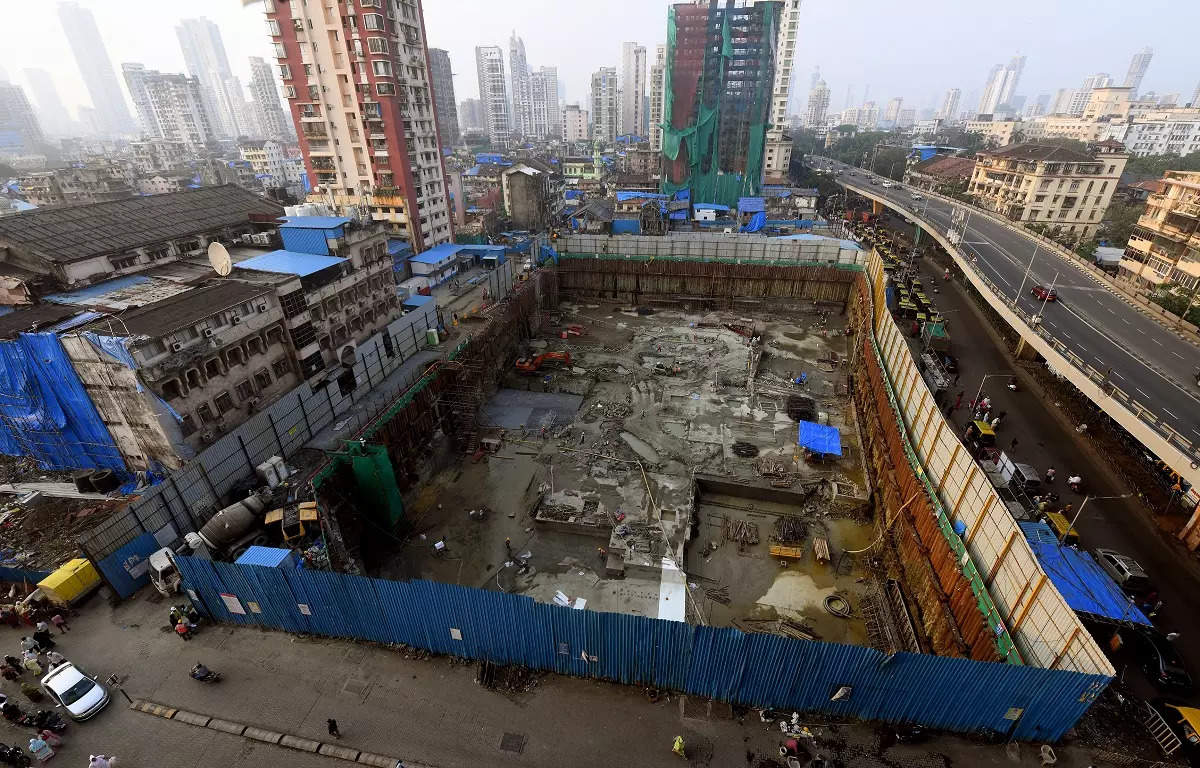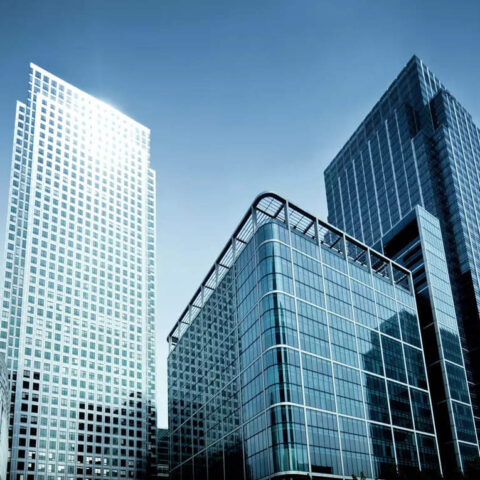
MUMBAI: Complying with the Supreme Court’s May 17 order, the Maharashtra State Board of Wakf (Wakf board) is trying to determine whether a plot that the Saifee Burhani Upliftment Trust (SBUT) wants to develop at Pakmodia Street in Bhendi Bazaar is a Wakf property or not.
Originally owned by Haji Ismail Haji Habib Musafirkhana Trust, the over-150-year-old ground-plus-one-storey building was sold to SBUT in 2016. While SBUT claims no tenants said it was a Wakf property since SBUT project’s launch in 2009, Haji Ismail Haji Habib Musafirkhana Shop Tenants Forum and a few interveners say it is.
The tenants claim it is a functioning mosque while the trustees who sold the property to SBUT claim it is a musafirkhana with a prayer room.
Since the SC order requires “status quo to continue”, neither the trustees nor anybody else can repair or redevelop the dilapidated structure standing amidst SBUT high rises being built to provide a decongested, clean and hygienic living to residents of the area.
SBUT claims it is fulfilling the dream of the former spiritual head of the Dawoodi Bohras, late Syedna Mohammed Burhanuddin, who wanted Bhendi Bazaar residents to live in their own homes in a clean and uncluttered environment.
Some tenants and their supporters, though, have questioned the Trust over the sale of a Wakf property. “According to the Wakf Act (1995), no property registered with the Wakf Board can be sold. The trustees, including Shoeb Noorani, violated the Wakf Act as well as the Supreme Court’s observation that once a property is Wakf, it is always Wakf,” said Fazal Mehmood, a tenant.
Noorani said the Trust was forced to sell the property since it could not redevelop it as “some anti-social elements threatened every time we tried to redevelop it”.
“Tell me, what option did we have? We sold it to SBUT but the conveyance document says that the space where prayers have been held for years belongs to us. This prayer room can be redeveloped but some vested interests are scuttling this effort,” says Noorani.
Meanwhile, in a statement, SBUT said, “The Wakf board has already begun the hearings, with the first session held on July 24, 2024, and we are confident that the board will carry out its responsibilities fairly and impartially as directed by the Honorable Supreme Court.”
Wakf Board’s CEO Juned Syed told TOI: “The SC asked us to determine within 12 weeks whether it is Wakf property or not. We have already held two hearings and the findings will be put to the Wakf board which will take the final decision.”
Several leaders have visited the plot and aired their views. Congress MLA Amin Patel recently raised the issue in the state assembly. “My concern is that the dilapidated structure needs to be repaired or developed,” said Patel. “I also suggest an out-of-court settlement if all the parties agree to it.”
Shoeb Khatib, a trustee of Juma Masjid of Bombay Trust and an intervener in the case, said the property could not have been sold. “There are so many Wakf properties. No one can sell the land where a masjid has existed for so long.”
Advocate Yusuf Bagwala, representing the tenants, concurred that a Wakf property was made to become a bone of contention. When Noorani sold the property to SBUT, the sale deed called it a musafirkhana which also has a prayer room. Advocate Bagwala alleged it was done deliberately since “there is a huge difference between a mosque and a prayer room”.
“A prayer room cannot be equalled to a mosque,” said Bagwala. It was called musafirkhana because Haj pilgrims would also stay here initially. Musafirkhanas invariably have mosques too.









